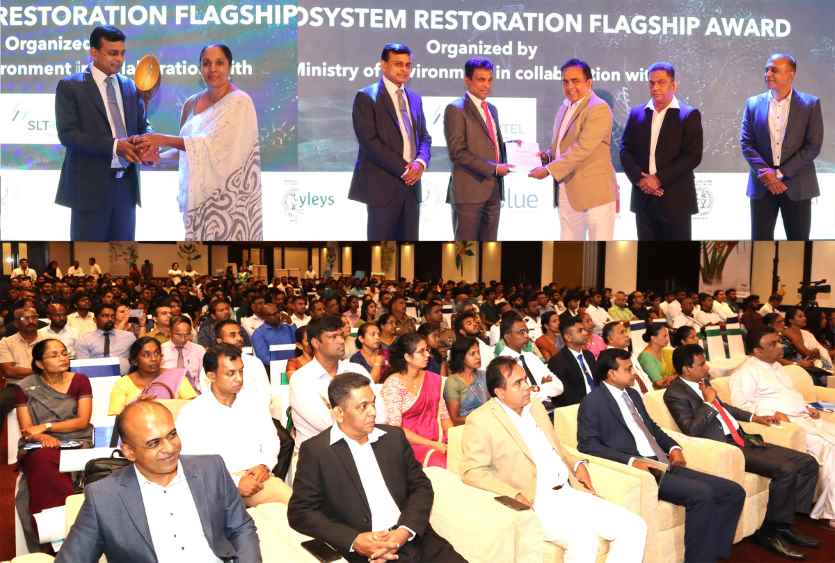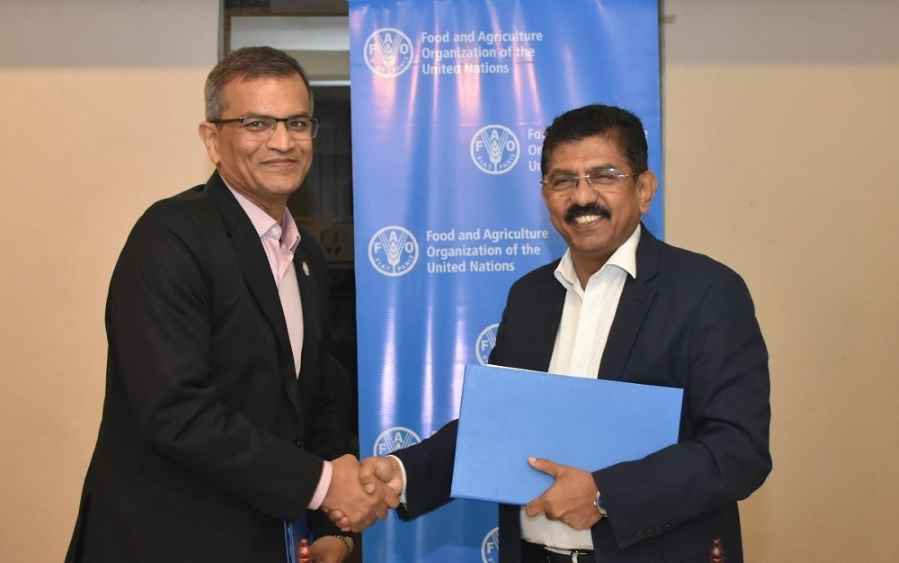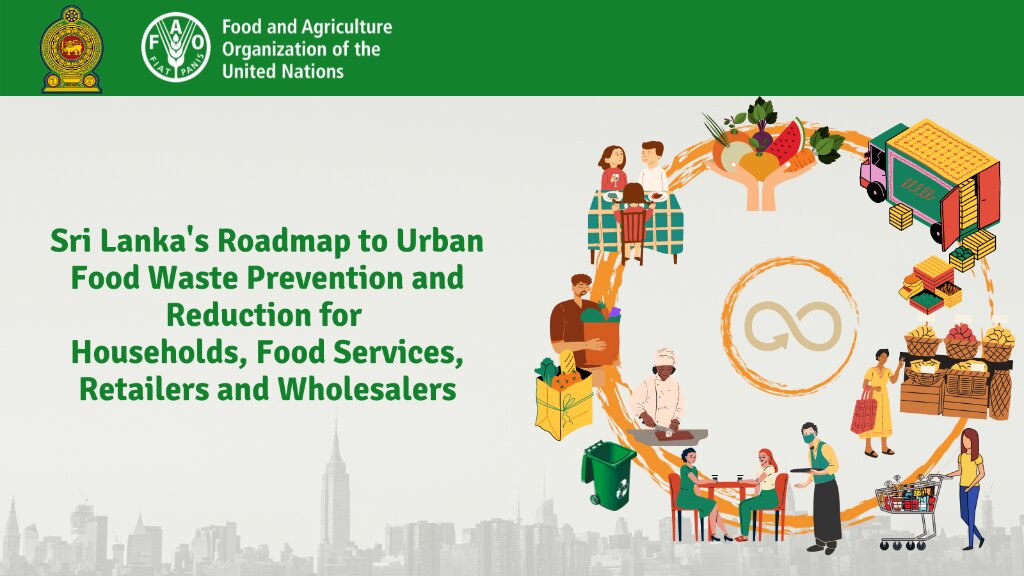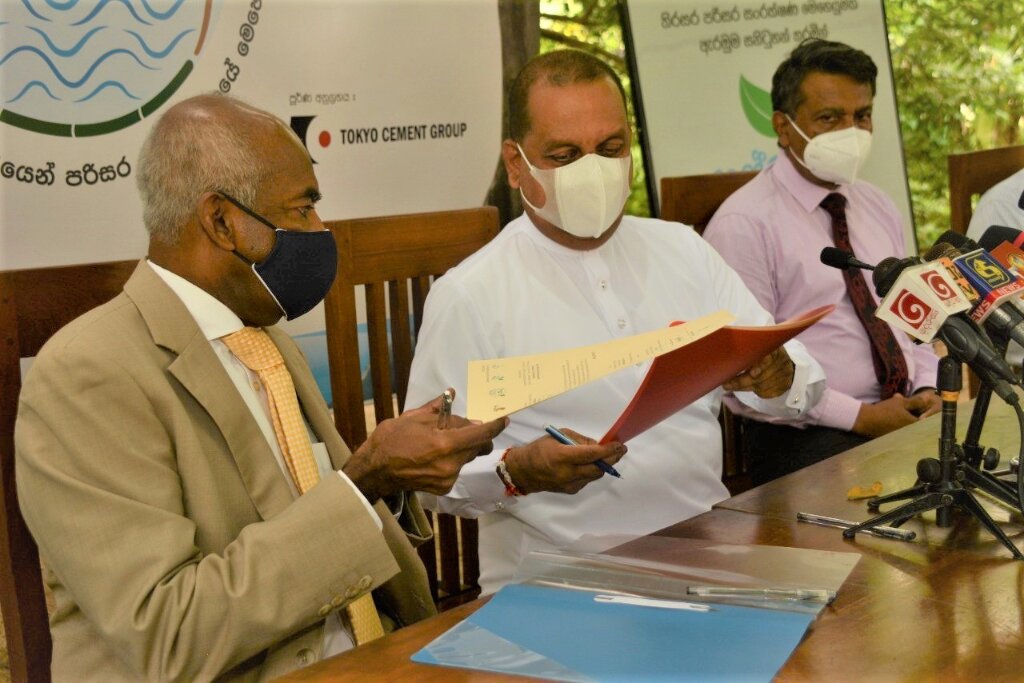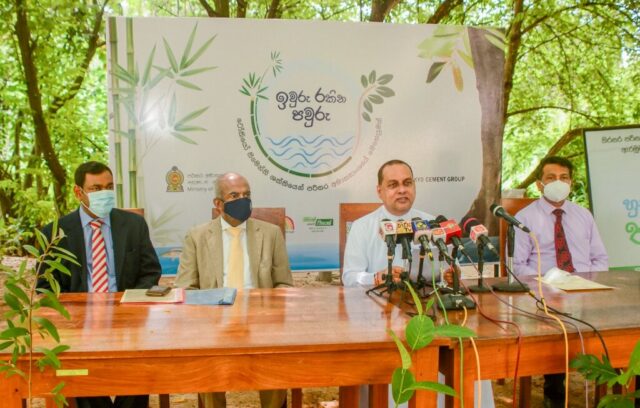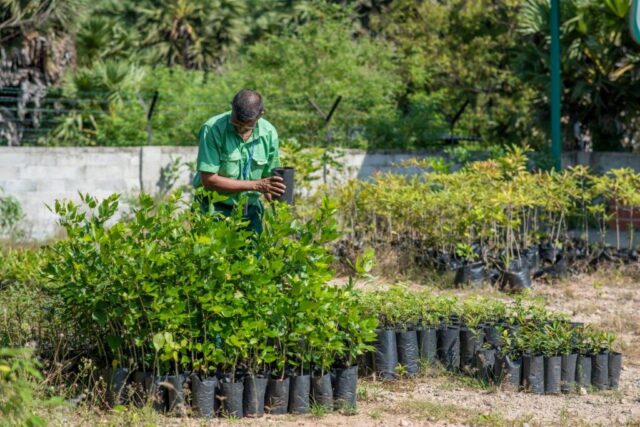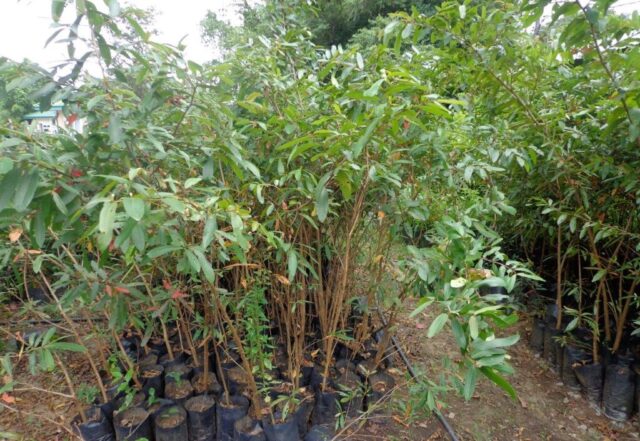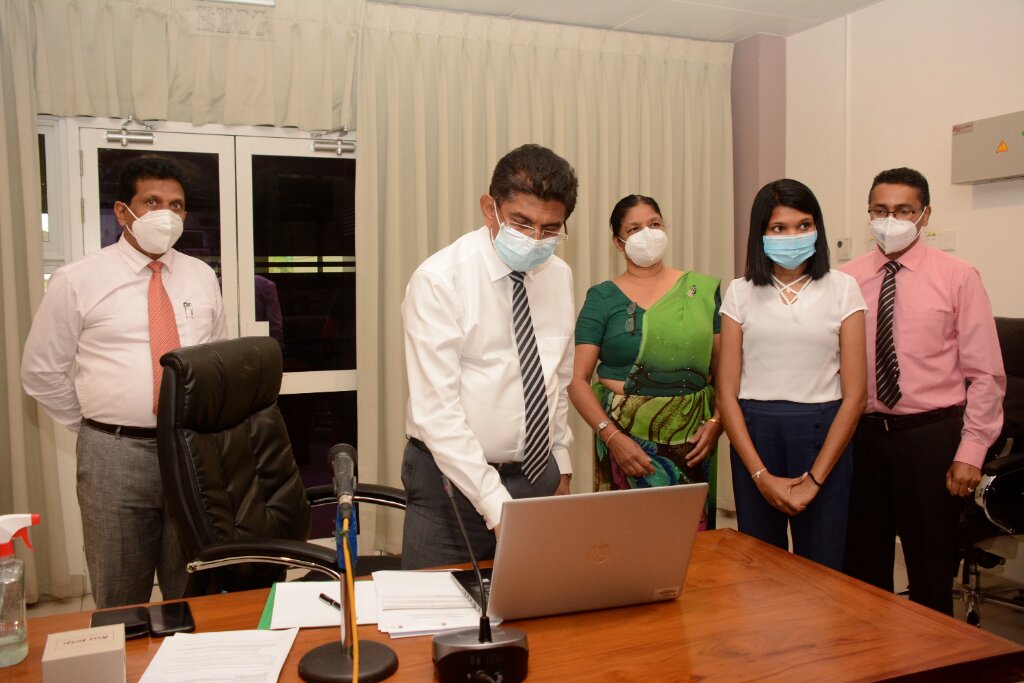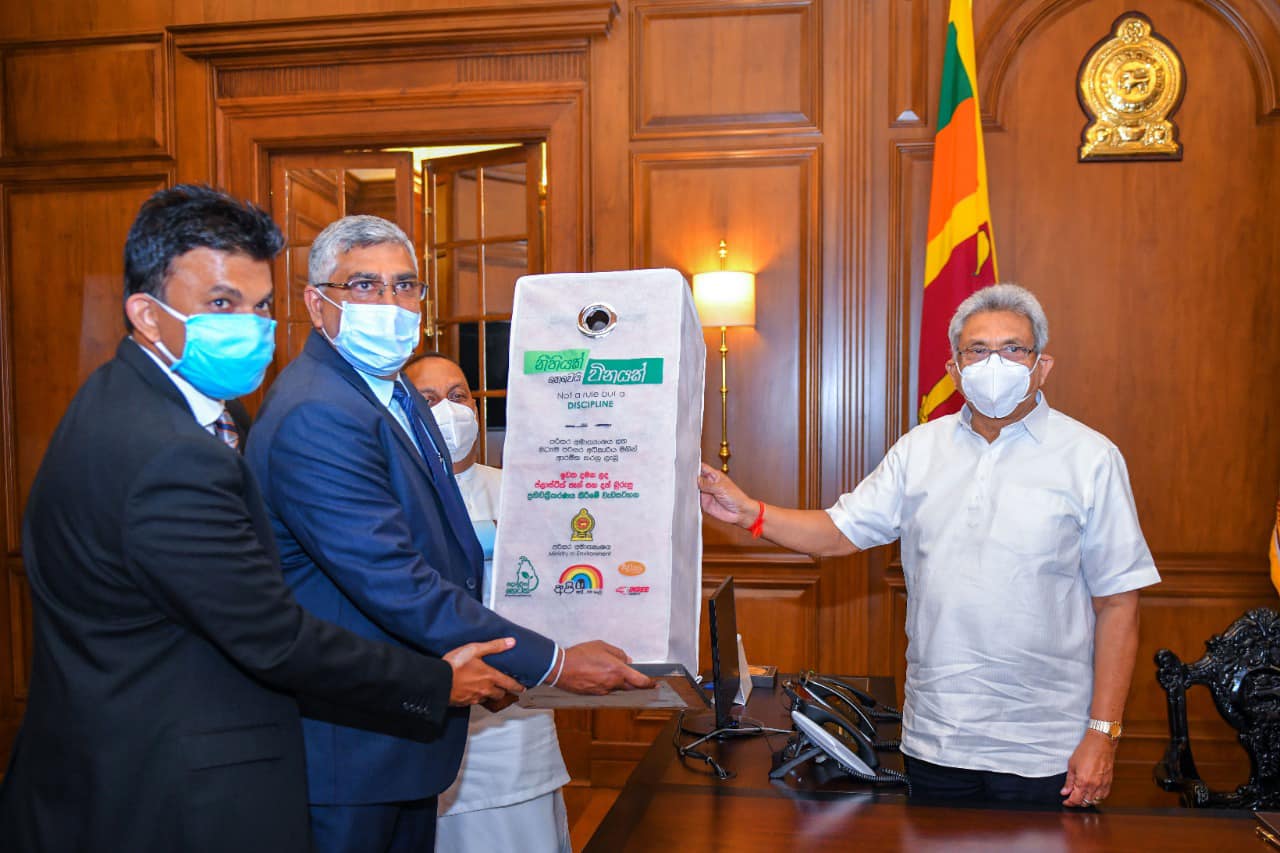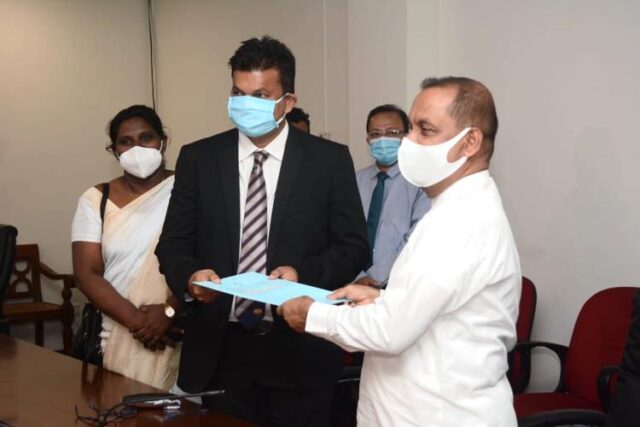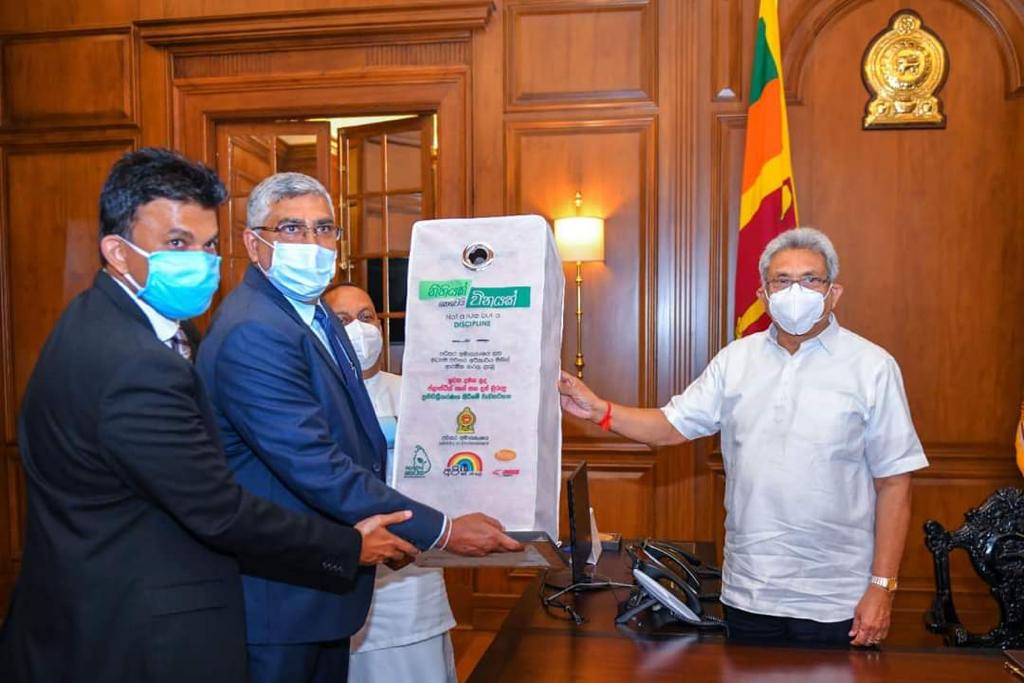SLT-MOBITEL partnered with the Ministry of Environment to commemorate the National Celebration of World Seagrass Day 2024 and the UN Restoration Flagship Award held on March 1, 2024, at the Jetwing Blue Hotel in Negombo. The event acknowledged Sri Lanka’s achievements in the restoration of mangroves, emphasizing the importance of ongoing conservation efforts to safeguard these crucial blue-carbon ecosystems.
By hosting this landmark event, SLT-MOBITEL reinforced its position as a corporate leader in promoting environmental protection through environmentally friendly corporate policies and initiatives in Sri Lanka.
Sri Lanka received the prestigious UN Restoration Flagship Award at the United Nations Environment Assembly held on February 27, 2024, in Nairobi, Kenya. Dr. Anil Jasinghe, former Secretary to the Ministry of Environment, and Prof. Sevvandi Jayakody, Chairperson of the National Expert Committee on Mangrove Conservation and Sustainable Use accepted the award on behalf of the nation. Prof. Jayakody ceremonially presented the accolade to the secretary of the Ministry of Environment at the World Seagrass Day event. The award recognizes Sri Lanka’s innovative restoration of mangrove ecosystems.
During the event, SLT-MOBITEL’s 2024 calendar themed ‘The Mangrove Ecosystems in Sri Lanka’, featuring 12 stunning artworks, each depicting a different aspect of the mangrove ecosystem in Sri Lanka, was unveiled. Mr. Anuruddha Suriyaarachchi, General Manager-Marketing Services, SLT, addressed the gathering.
At the ceremony, SLT-MOBITEL announced the disbursement of three research grants, each worth Rs. 250,000, to university students with special Mobitel data packages to support their education. Mr. Rohana Ellawela (Deputy Chief Marketing Officer/ SLT) , Mr. Charaka Perera ( General Manager Marketing /Mobitel) together with Mr. Anuruddha Suriyaarachchi (General Manager-Marketing Services/SLT) were present to award the grants.
Importantly, students from any university in Sri Lanka are eligible to apply for the scholarships via the SLT-MOBITEL website. The recipients will be chosen by a panel of experts following a thorough evaluation process. The scholarships aim to support the sustainability of Sri Lanka’s blue-carbon ecosystem. It also aligns with the company’s interests in supporting education and research related to environmental sustainability.
The keynote speech was delivered by Prof. Mike Van Keulen, a seagrass expert and former president of the World Seagrass Association. The event also featured addresses by dignitaries, including Mr. Prabath Chandrakeerthi (Secretary/Ministry of Environment), Hon. Janaka Wakkumbura ( State Minister of Environment) and Hon. Lasantha Alagiyawanna (State Minister of Transport). Foreign ambassadors,heads of stakeholder organizations, university students, and youth groups, also graced the occasion. Theatrical performances, music, art displays, and activities celebrating seagrass meadows contributed to a colourful evening.



